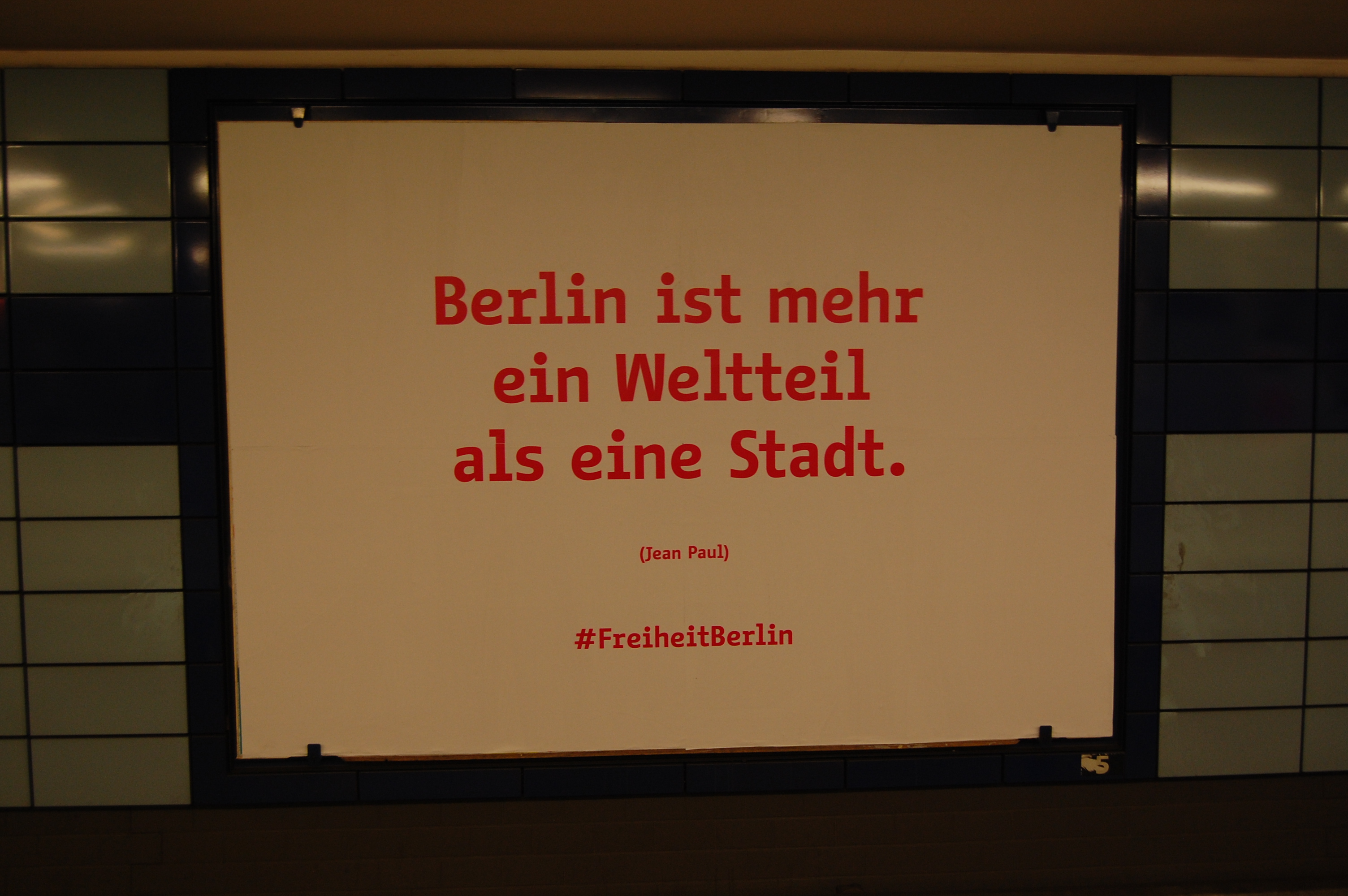Global City
The concept of a world city has been widely discussed in the literature. It is frequently measured in terms of a city’s significance in the global economy and hence closely linked to concepts of globalization. Many authors have focused on networks and flows between cities (e.g., Beavestock et al. 1999; Sassen, 2001). But the importance of cities can be measured in very different ways including cultural presence, historical interest, financial importance, livability and environmental factors. Many different rankings exist that seek to compare cities worldwide based on different indicators. The Global Power City Index uses the idea of ‘magnetism’ which describes the ability to attract different groups of people. From this perspective, Berlin scores particularly well on livability, cultural interaction and environment.
The world city debate offers many entry points to understand and research the city. But it always needs a critical reflection of what and how we measure.
Research questions related to understanding the role of cities may include:
- What kind of city or urban place is presented and marketed?
- What do marketing campaigns and urban images say about a city or a site?
- What kind of place is Tempelhof Field? What does it offer and to whom?

Suggested readings
Beaverstock, J.V., Taylor, P.J. & Smith, R.G. (1999) A roster of world cities. Cities 16(6), 445-458.
Krätke, S. (2004) City of talents? Berlin’s regional economy, socio-spatial fabric and ‘worst practice’ urban governance. International Journal of Urban and Regional Research, 28(3), 511-529.
McCann E (2013) Policy Boosterism, Policy Mobilities, and the Extrospective City. Urban Geography 34 (1):5-29.
Robinson, J. (2011) Cities in a world of cities: The comparative gesture. International Journal of Urban and Regional Research. 35(1): 1-23.
Sassen, S. (2005) The global city: introducing a concept. The Brown Journal of World Affairs XI(2), 27-43.